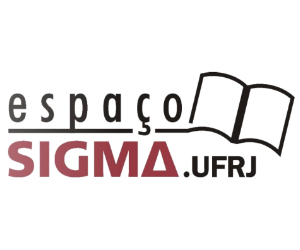Research projects for the Master’s program are limited to 10 pages, plus bibliography.
Research projects for the Ph.D. program are limited to 15 pages, plus 1 page for abstract and plus bibliography.
Recomendação prévia
On the front page, include the institutional data (Universidade Federal do Rio de Janeiro; Instituto de História; Programa de Pós-graduação em História Social), the title of your project, the line of research, the level of the program for which you are applying (Ph.D. or Master’s ), and the current year.
The research project must be completely anonymous. The author’s name should appear only in the filename (ex.: JOANA_SILVA_Projeto.pdf).
All items below are mandatory. If any of these items are lacking, or out of order, the project may be disqualified without further analysis.
Título
Resumo
Introdução
Delimitation of the research object
Historiographic debate
Objetivos
Quadro teórico
Hipóteses
Metodologia e fontes
Referências bibliográficas
As referências bibliográficas devem ser apresentadas segundo as normas da ABNT (Associação Brasileira de Normas Técnicas).

















